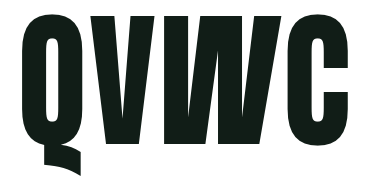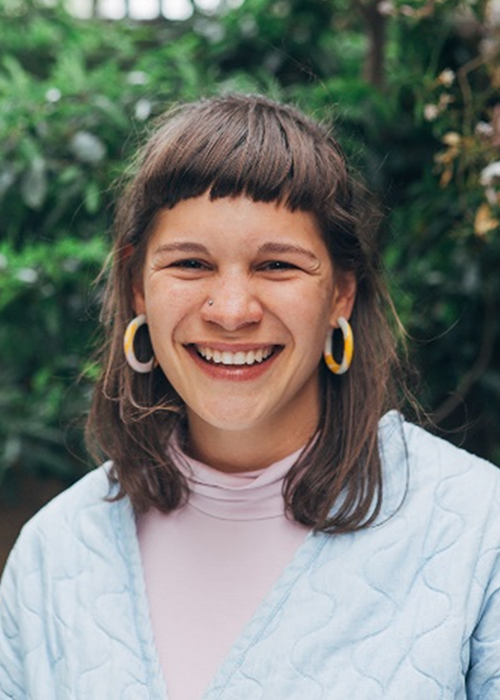Molly George: YWCA Young Board Member
Can you tell us a little bit about who you are, and what you do?
My name’s Molly George, and I’m a non-executive director at YWCA Australia. My role there is to help guide the organization as a board member. Outside of this, I have a background in working in the community media at SYN Media, and am also currently working at the Alannah & Madeline Foundation as a program advisor. Finally, I’m also studying at the Centre for Social Impact.
Personally, I identify as an intersectional feminist. I have a background in art, so I tend to be quite creative in whatever I do. I make pottery, and of course I love reading, and have been part of a feminist book club, on and off, for the last four and a half years now.
Molly George
What led you to get involved at the YWCA?
It really came about through an interest in governance. When I was working in community media, I spent a year on the board of the Community Broadcasting Association of Australia as the youth representative. After being involved at the CBAA, I wanted to get my hands dirty and learn more, and applied for an opportunity that came up with the YWCA to sit on the board, and was elected. I come into the organization with very fresh eyes, and a real passion for supporting women.
What really kicked off the inspiration for the Feminist Book Week at the YWCA?
A few things – for one, it’s about establishing connections to local writers, but it’s also about showcasing stories that come from women. If you look at some of the traditional lists of 100 books that you need to read from the last 100 years, you can see that they're written by men. And most of those books in there are stories by men, for men, about men, and the way that they write about women doesn't showcase the complexities of who women are, what their stories are and how to represent them.
I think it's really important for women to write about their experiences in a literary sense, to show our existence in sharing those stories, and to make them more commonplace than just your usual tropes of stereotypical women that come from the lens of men. Feminist Book Week is designed to create awareness of the sexism, unconscious bias, and inequity that still exists in publishing and media – but it also gives us a chance to celebrate diverse storytelling, and amazing writers.
What is it about stories that are so powerful in breaking down these barriers?
As humans, we look for things that we can identify in our own experience and share. I'm going to preface this by acknowledging that I'm a white woman, and I know that stories of white women are far more common in the mainstream than stories of women of colour, and stories of women with disabilities.
But I also know what it does feel like, in some sense, to not see myself in media or in books. It's important to share these stories, to be able to know that we can connect with one another and that people who are outside of a particular experience also can learn from how our lives are, and what our experience of being human is.
What are some of your favourite books?
I have three – all by women. The first is Girl, Woman, Other by Bernardine Evaristo. It’s a collection of stories about women of colour who’s lives all intersect in one way or another, be it through generational links or incidental. It’s an amazing dive into the complexities of living in the intersections.
I also loved reading the Elena Ferrante series, The Neopolitan Novels. I wouldn't call it the books feminist, but they’re a very real portrayal of the complexities in relationships and friendships with women. I love that it takes a long view for each book on how they can change and evolve over a lifetime.
And the last book that I really love is ‘Welcome to Country by’ Aunty Joy Murphy and Lisa Kennedy. It’s a kid’s book, and every time a friend or a family member has a baby I always buy it for them. Firstly, because I love giving books as a gift – but also because I think this one is particularly important, to begin sharing these stories.
What is the event that you’re most looking forward to for Feminist Book Week?
I'm a practical person, so the Write Like a Grrrl Workshop is something that I'm really, really excited for – I think it’ll be a great space for young people to dip their toes into writing. It’s also a workshop that’s designed to be really safe and inclusive for young writers – anyone aged from 12 to 30 – and we’re going to be placed in the caring hands of Maki Morita, the editor of Rosie! I’m keen to pick her brain about how we can write about our experiences of feminism, and social change.
Interview by Jessamy Gleeson

